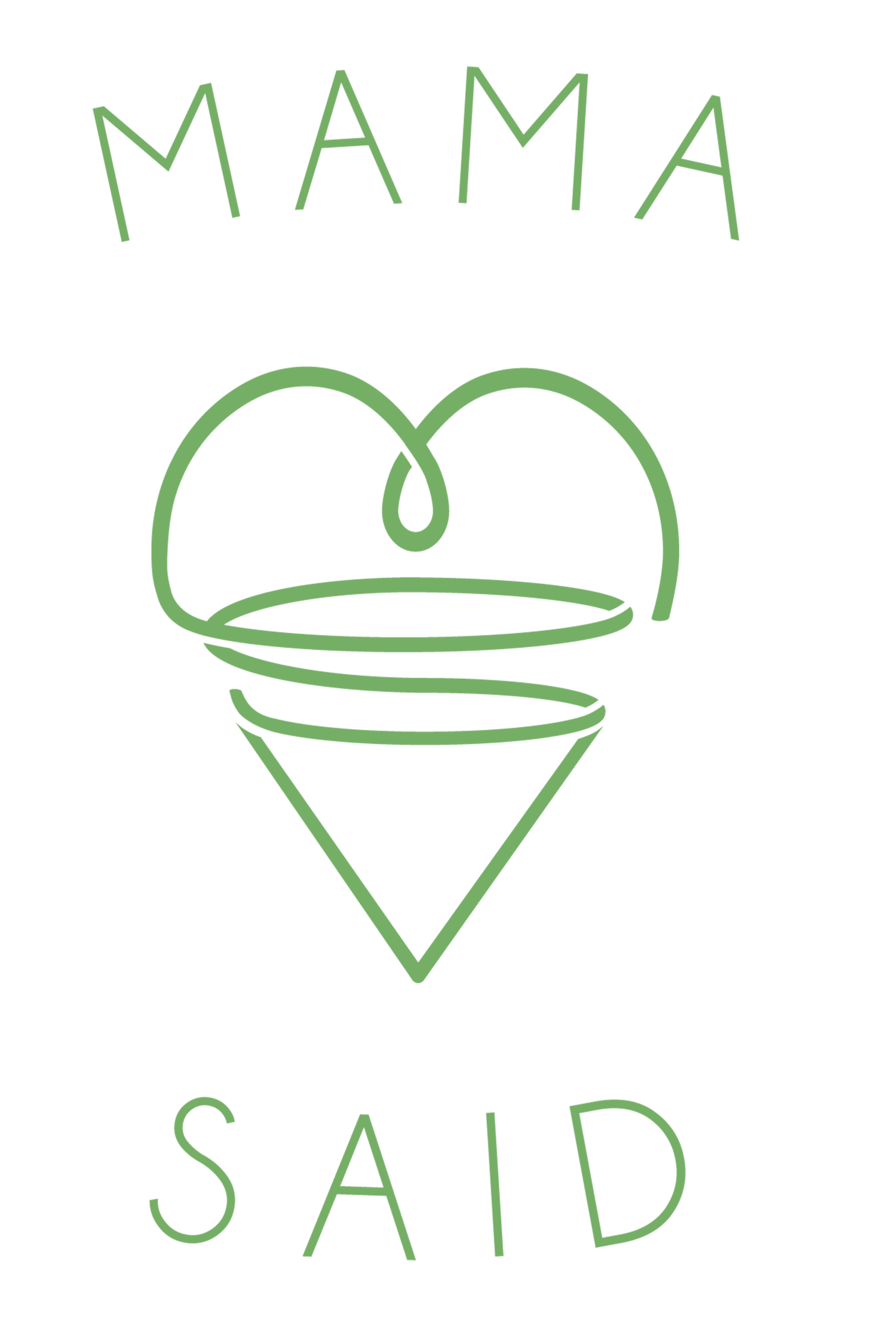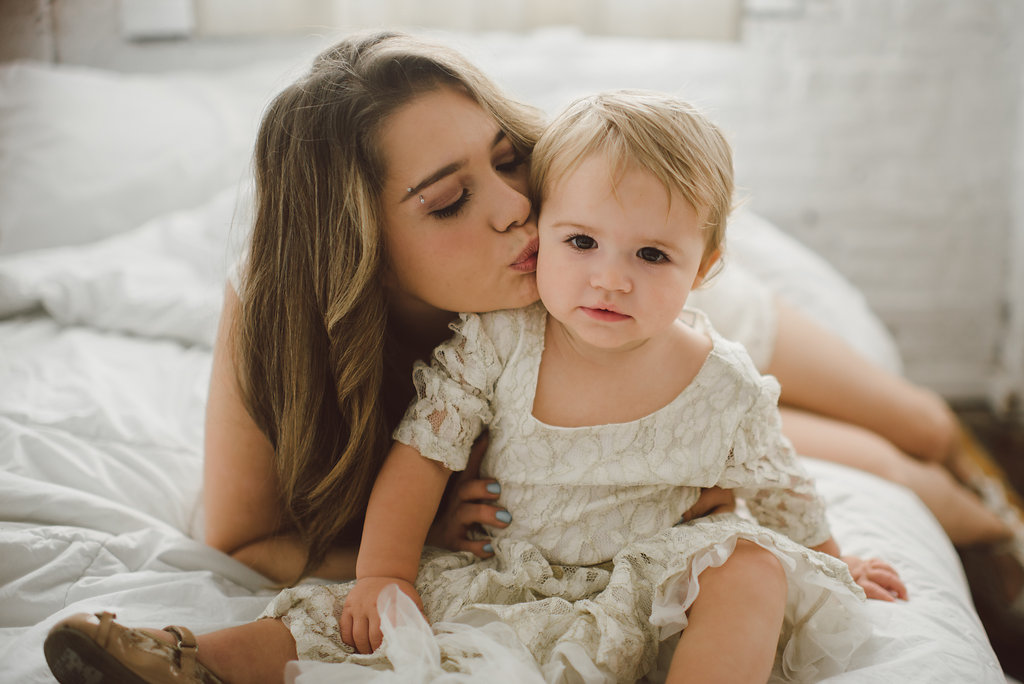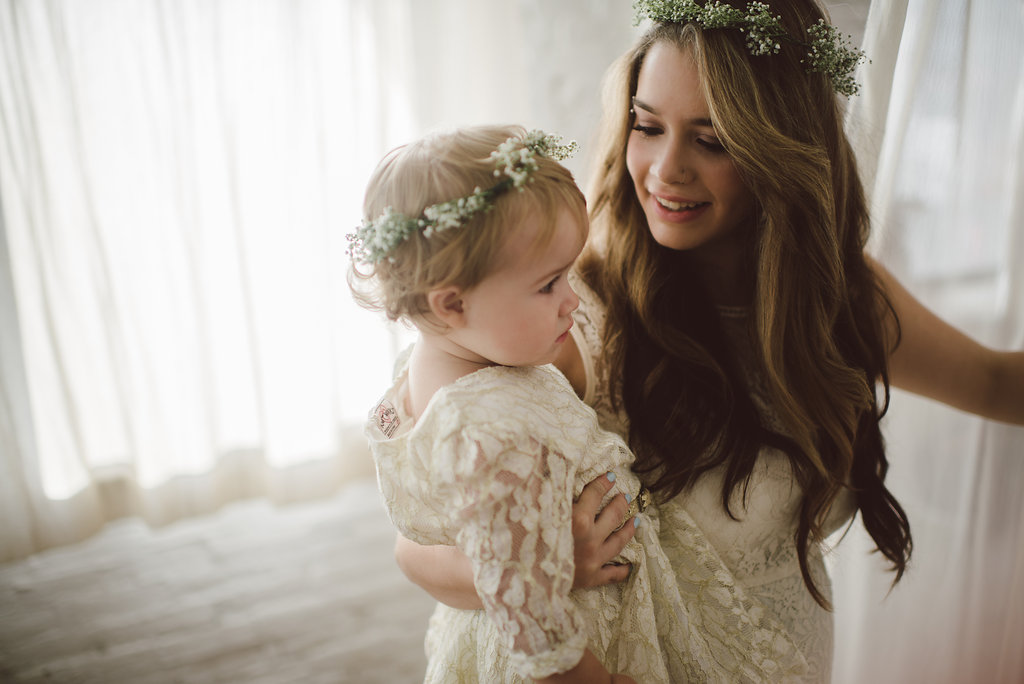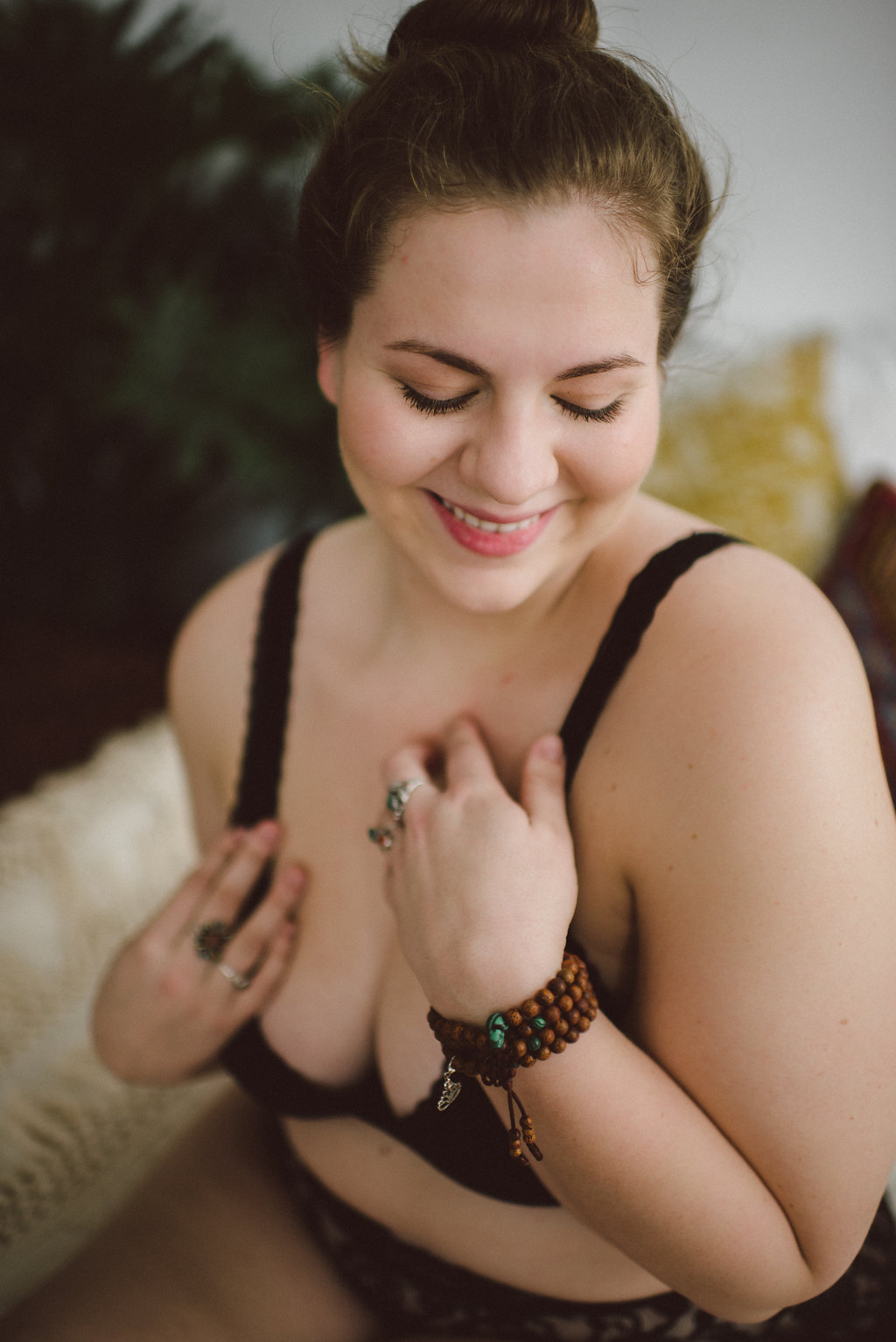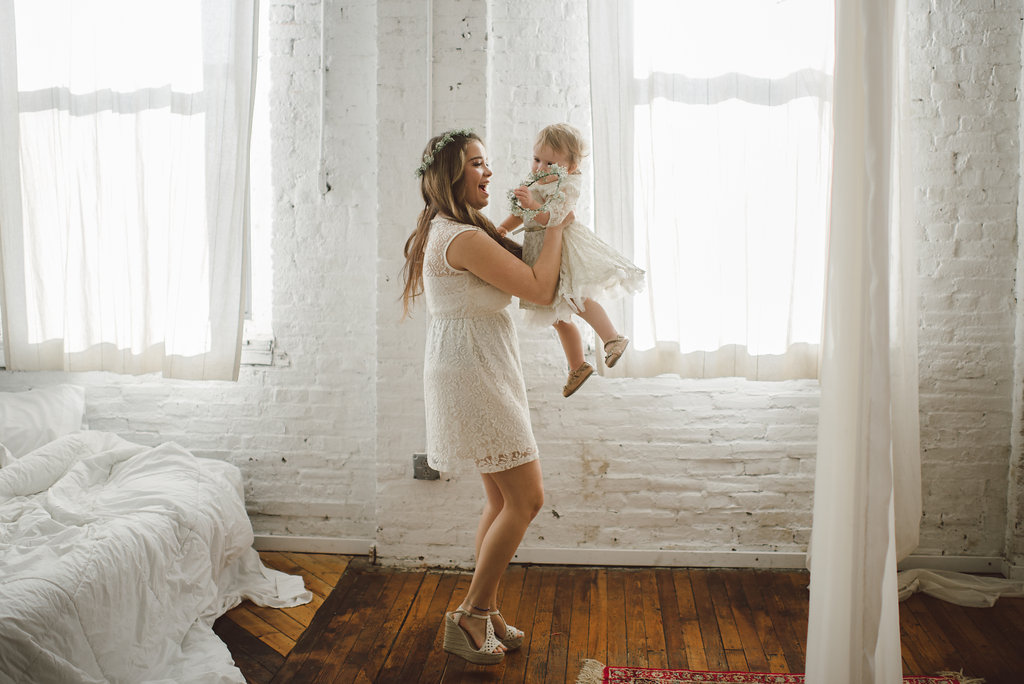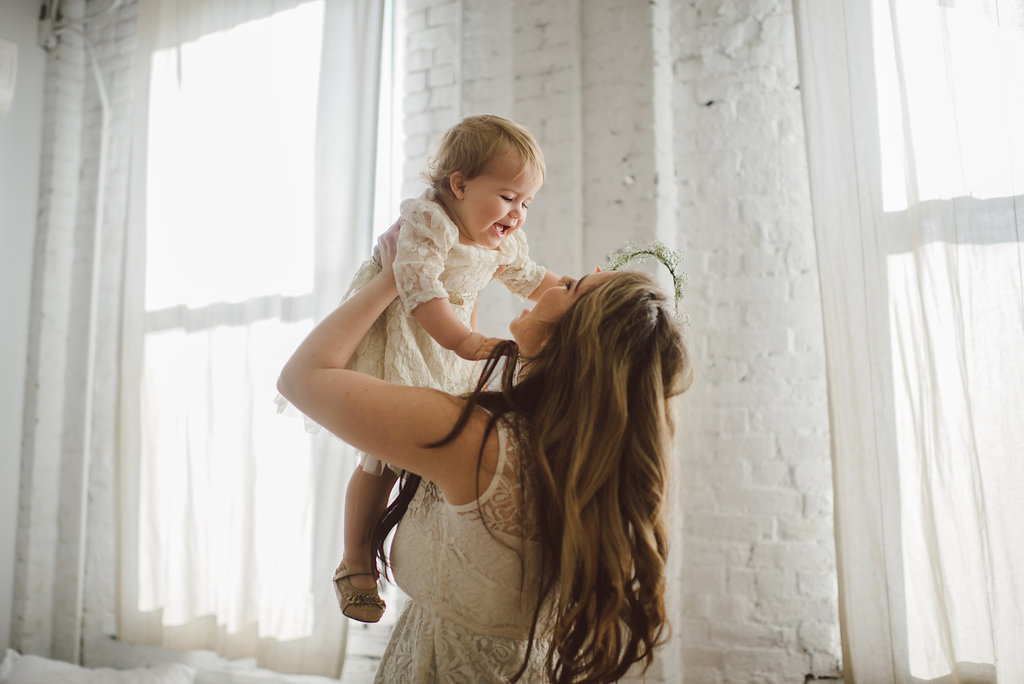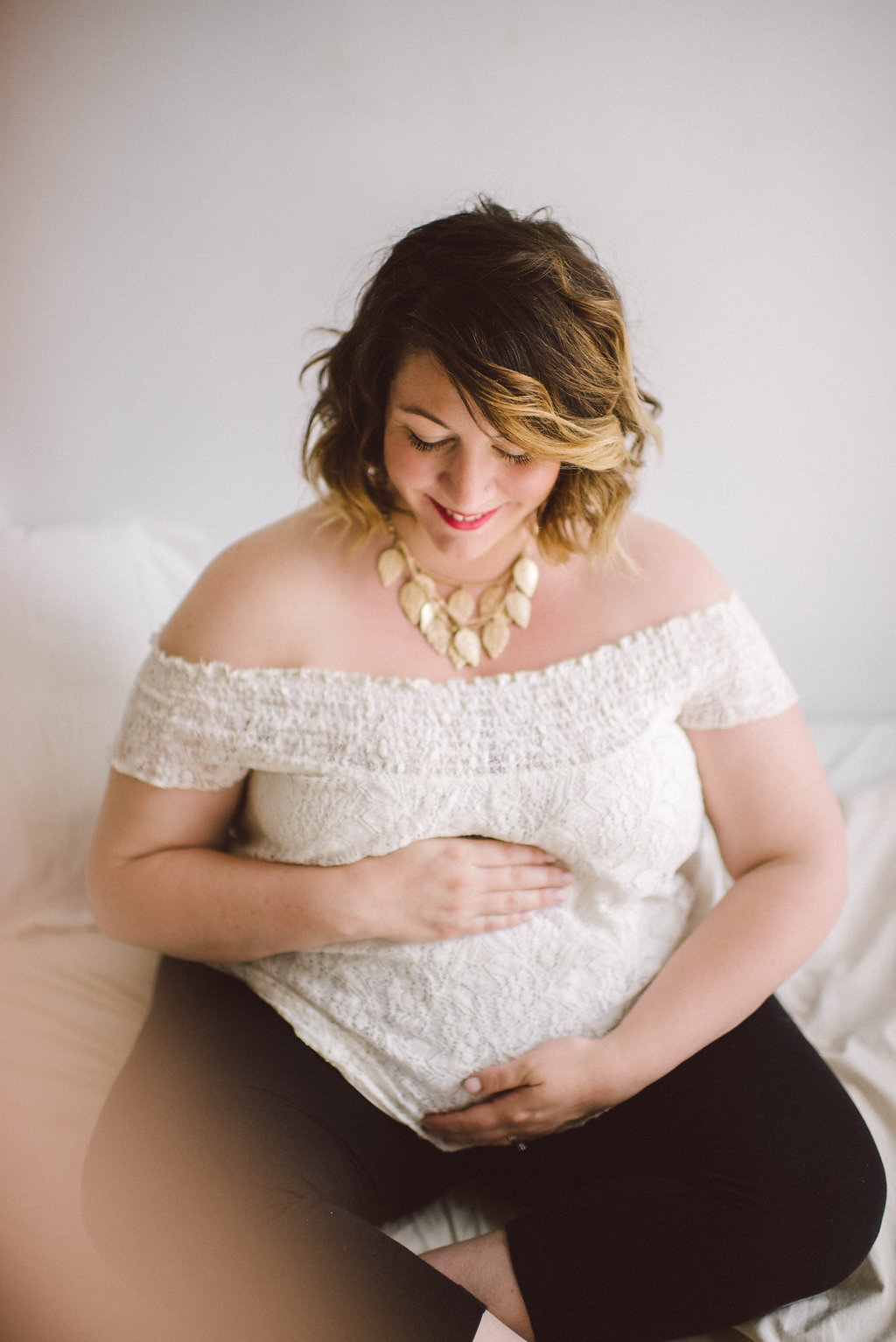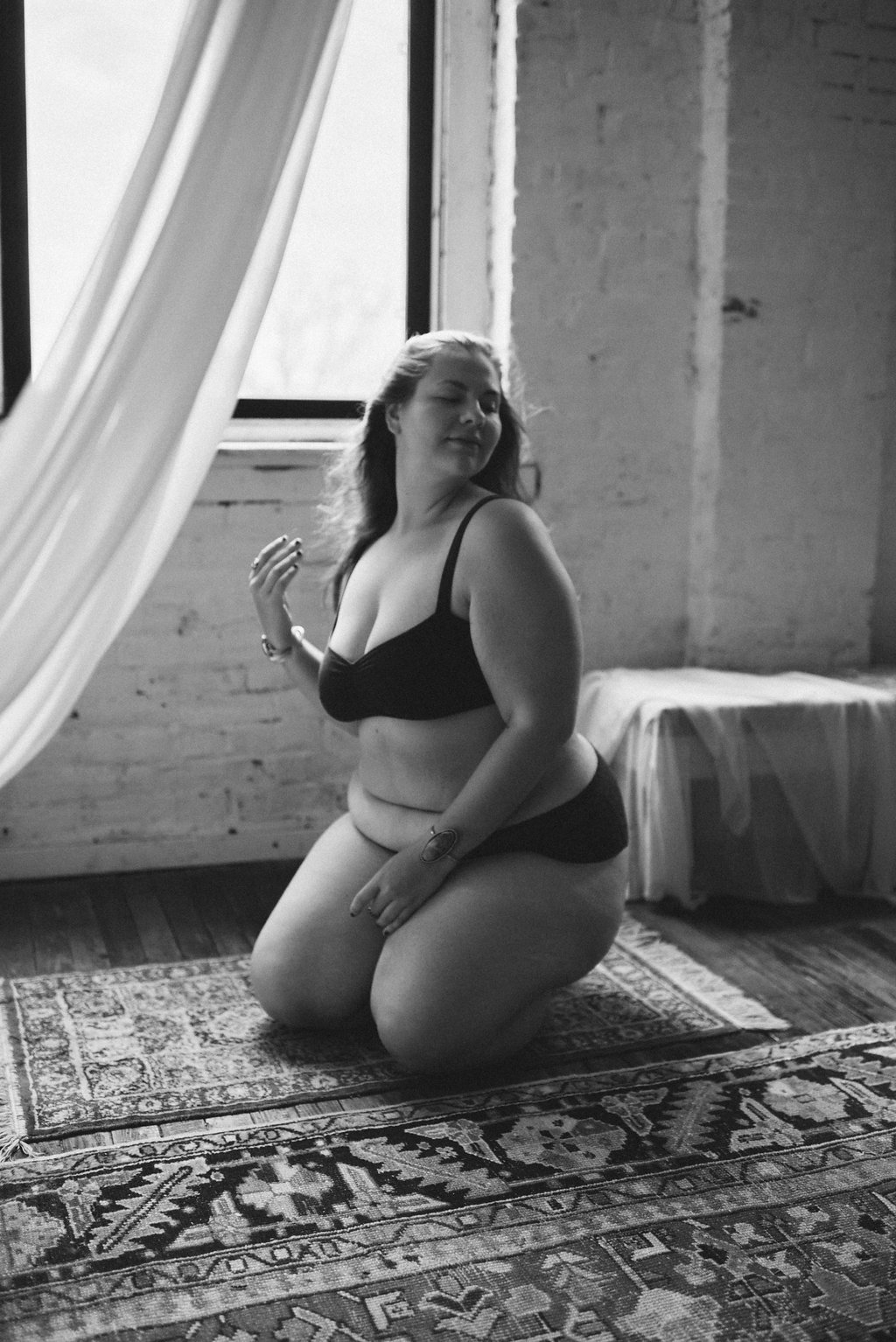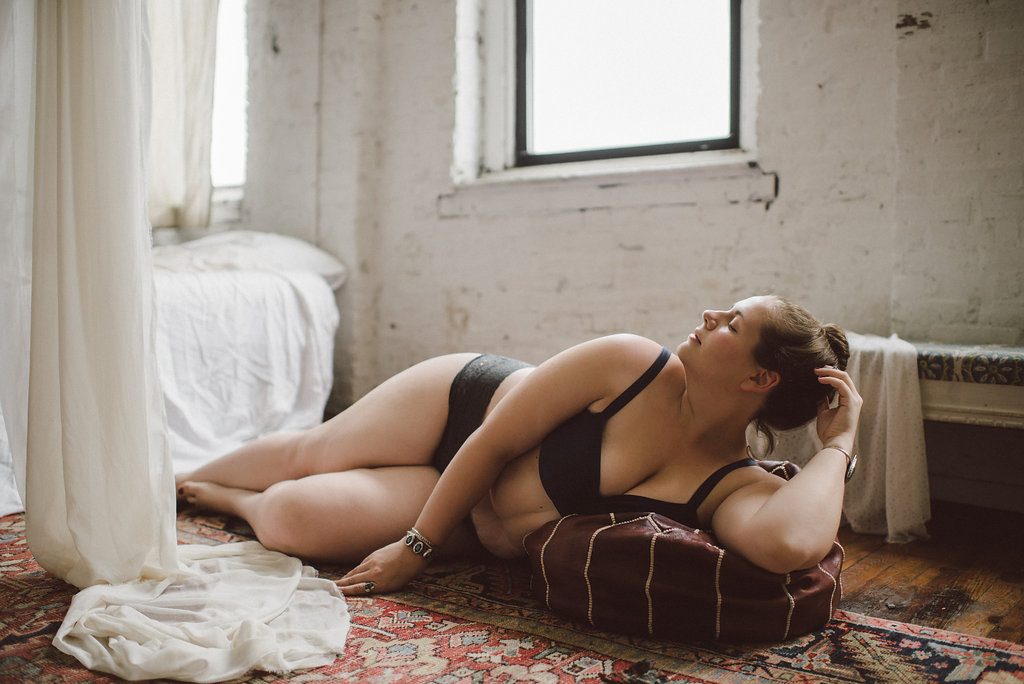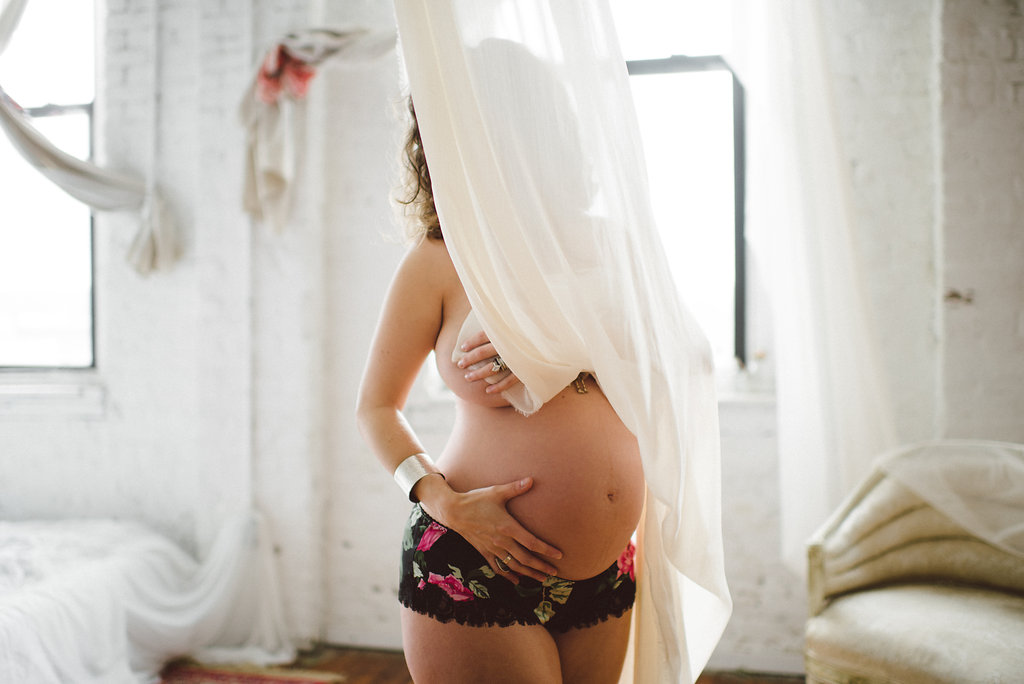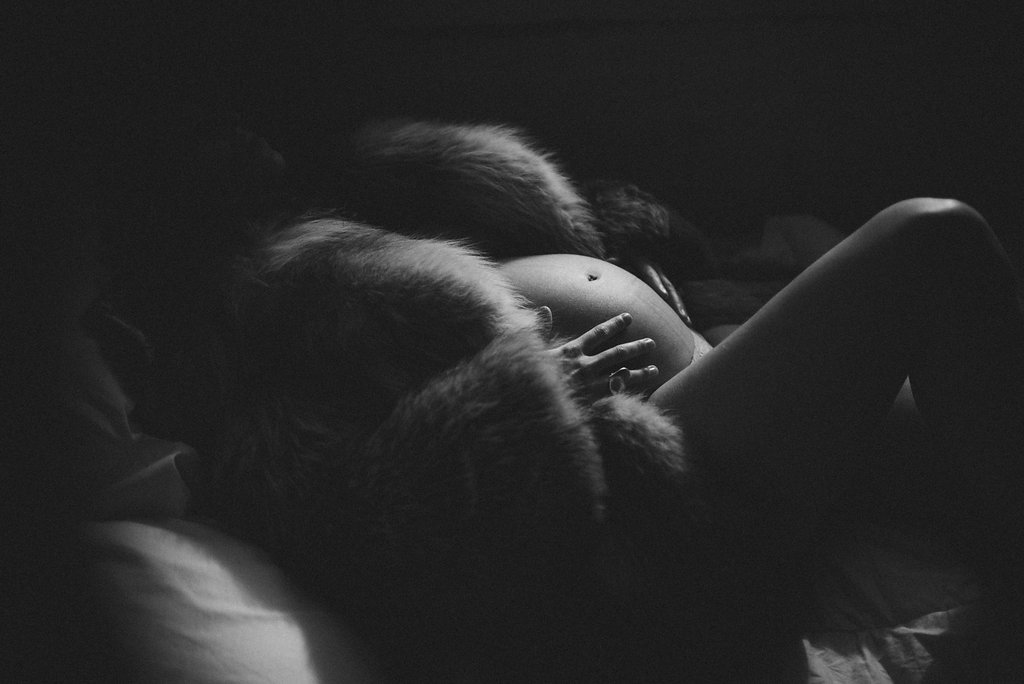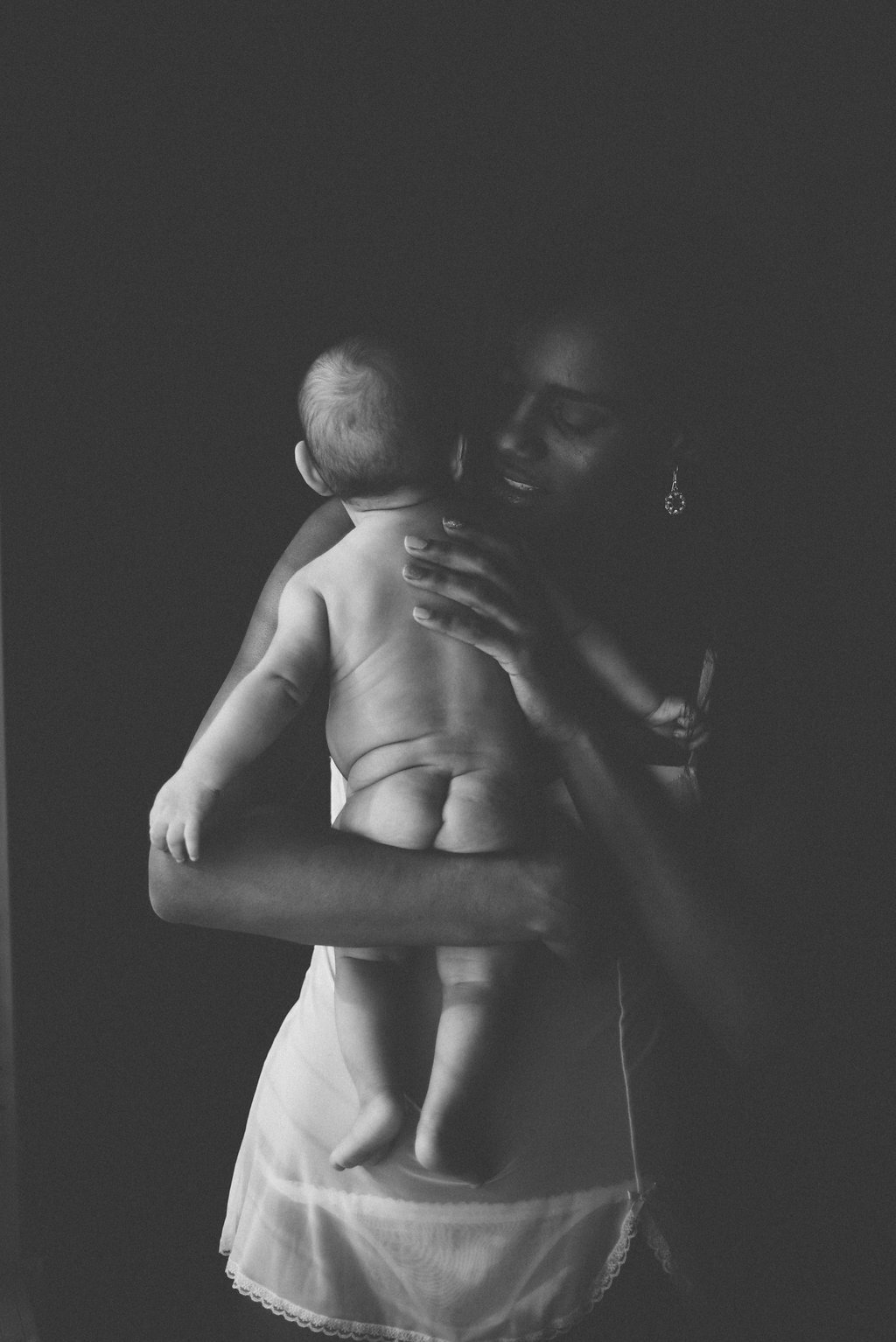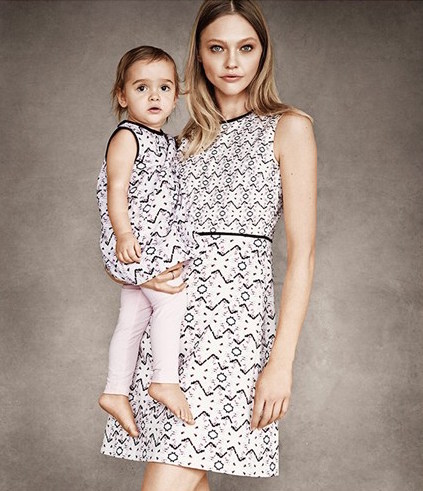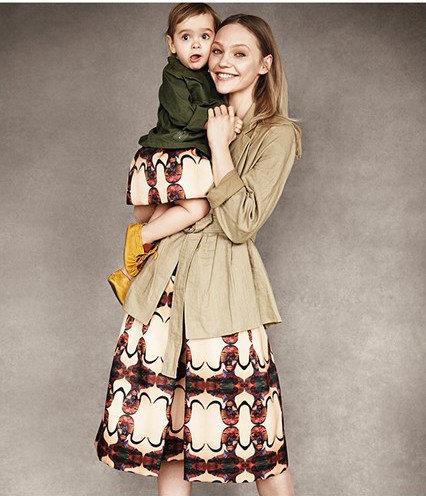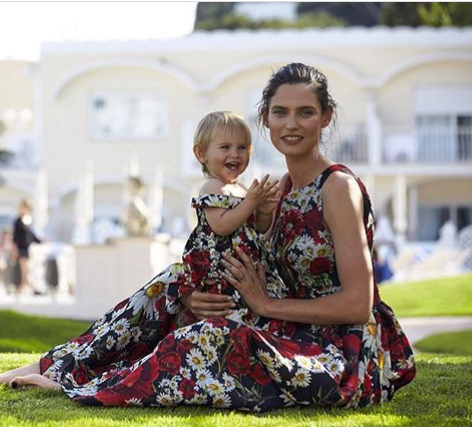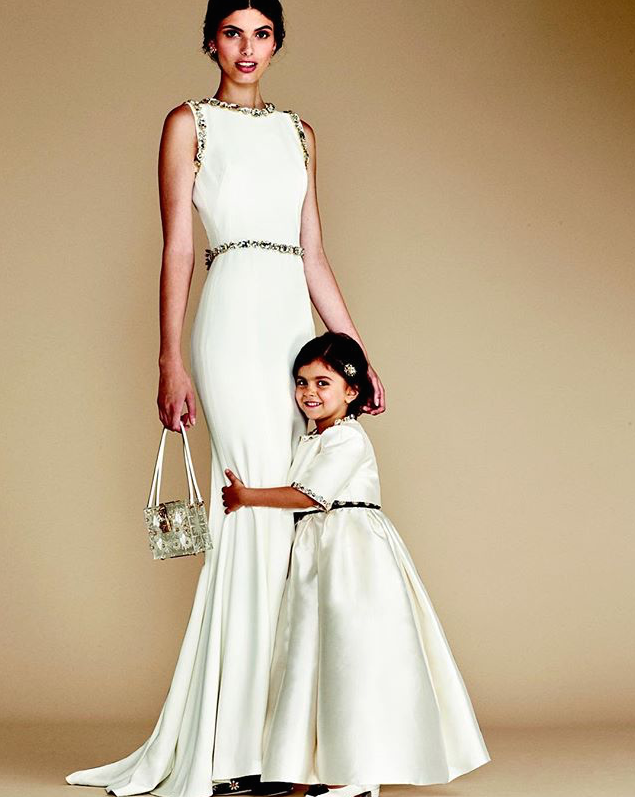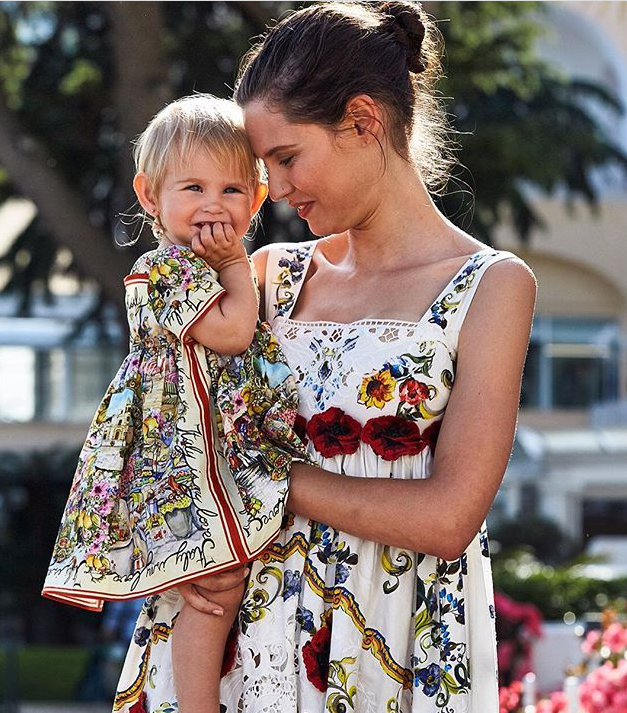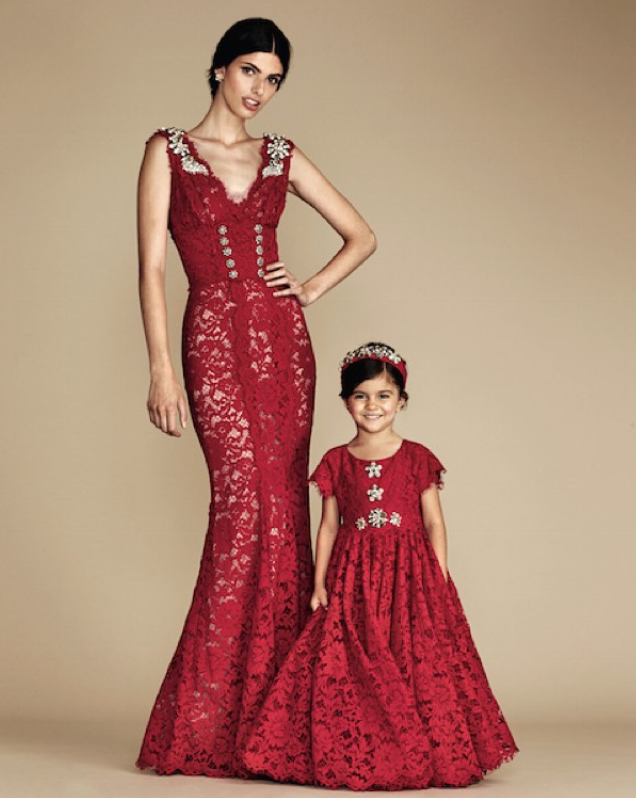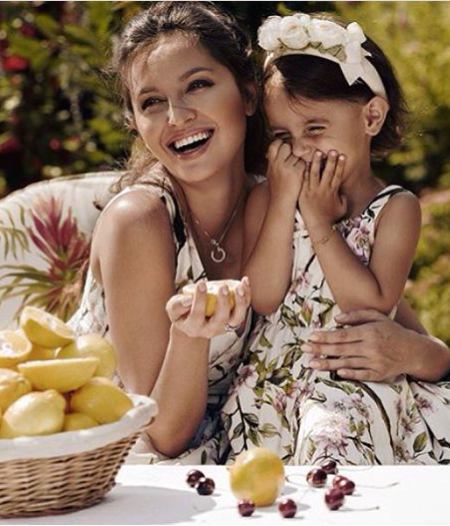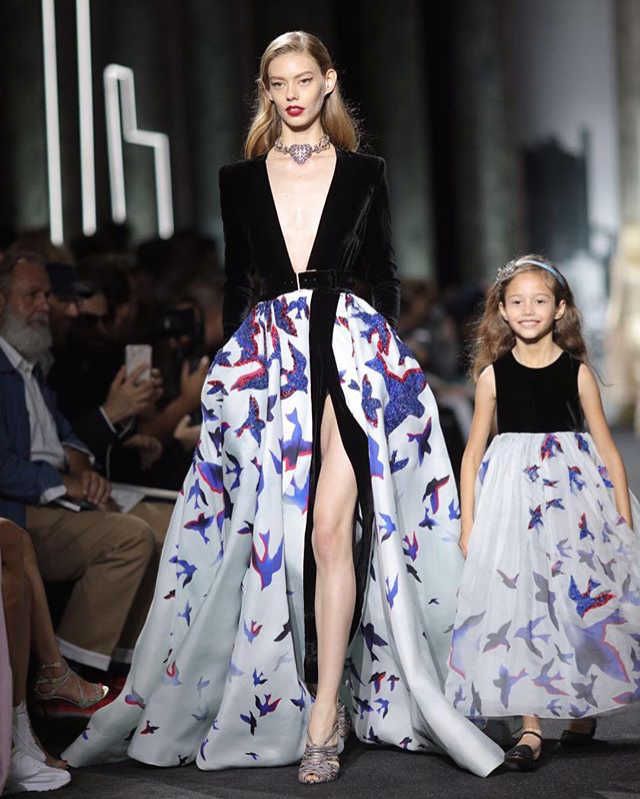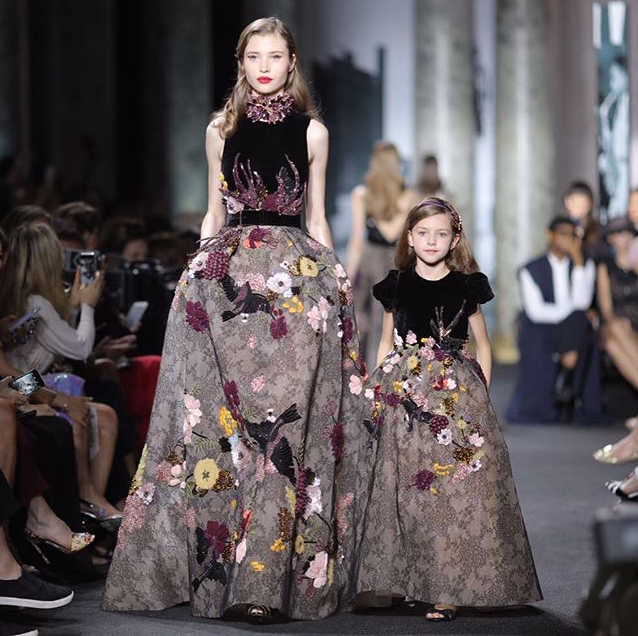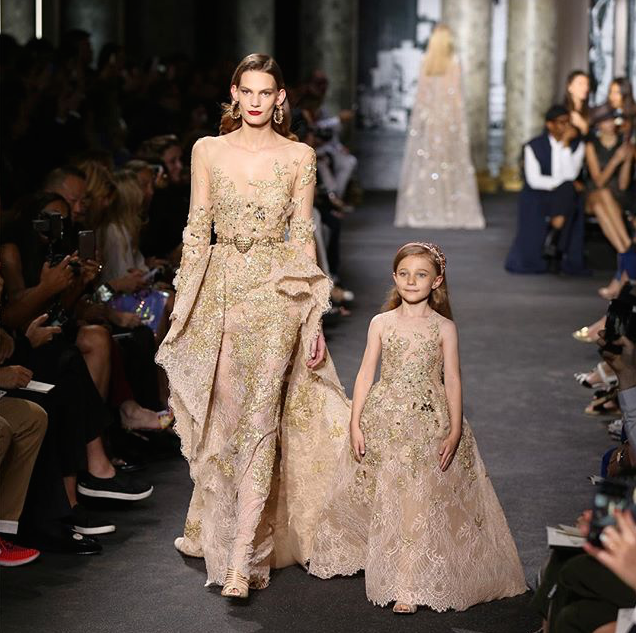Eating Local: Farmers' Markets for Philly Mamas
/According to this week’s #WCW, Registered Dietitian Dalina Soto, buying local produce is the healthiest choice for mamas and their families because the food has to travel less and can be picked at peak ripeness, resulting in more nutrients and better tasting fruits and veggies! In keeping with Dalina’s advice, we decided to research Philadelphia’s best places to shop local produce and more! Thanks to Uwishunu, The Food Trust and philadelphiarunner.com, here is what we found:
Photo courtesy of The Food Trust on Instagram
Reading Terminal Market: located at 1201 Arch Street, Reading terminal is open seven days a week and has more local options than one could imagine, including produce, meats and baked goods. Given that it is open daily and that it is so easy to get to—just a short walk through Jefferson station off the train lines—we think it’s worth the stop.
Rittenhouse Square Farmers’ Market: Open Tuesdays and year-round on Saturdays and located at 18th and Walnut, the Rittenhouse farmers' market may not be open every day, but is worth the wait! With fresh, often organic, produce, locally made hummus and other artisanal food offerings, the Rittenhouse farmers' market is not one to miss!
Clark Park Farmers’ Market: Located at 43rd and Baltimore Avenue, and open Thursdays and year-round on Saturdays, the Clark Park farmers’ market is a great West Philly stop for local produce for your family! Even better, different vendors are present for the Thursday and Saturday markets, so shoppers get twice the variety of vendors at one location!
Just some of the local foods available at these Philadelphia farmers' markets! Photos courtesy of The Food Trust on Instagram
Headhouse Farmers' Market: Located at 2nd and Lombard, the Headhouse Farmers’ Market is located in Society Hill and is one of The Food Trust’s largest markets in Philadelphia. Visit this farmers’ market not only for fresh produce, but also for prepared foods and to grab a bite at one of the food trucks in attendance!
Dilworth Park: Conveniently taking place during Wednesday lunch hours (10-2), this farmer’s market is located at Broad and Market and is the ideal lunch break detour to stock up on local produce mid-week! This summer is the Dilworth Farmers’ market’s first season, so be sure to check it out!
Fitler Square Farmer’s Market: Located at 23rd and Pine and taking place year-round on Saturdays, the Fitler Square Market sells not only local produce, but other locally-made goods including Philly Fair Trade Roasters Coffee, PB & Jams nut butters and meat and dairy from Apple Tree Goat Dairy. Some of their produce offerings are even grown hydroponically at Brogue Hydroponics!
Have any other favorite Philadelphia-area farmers' markets?
Tell us about them in the comments below!
